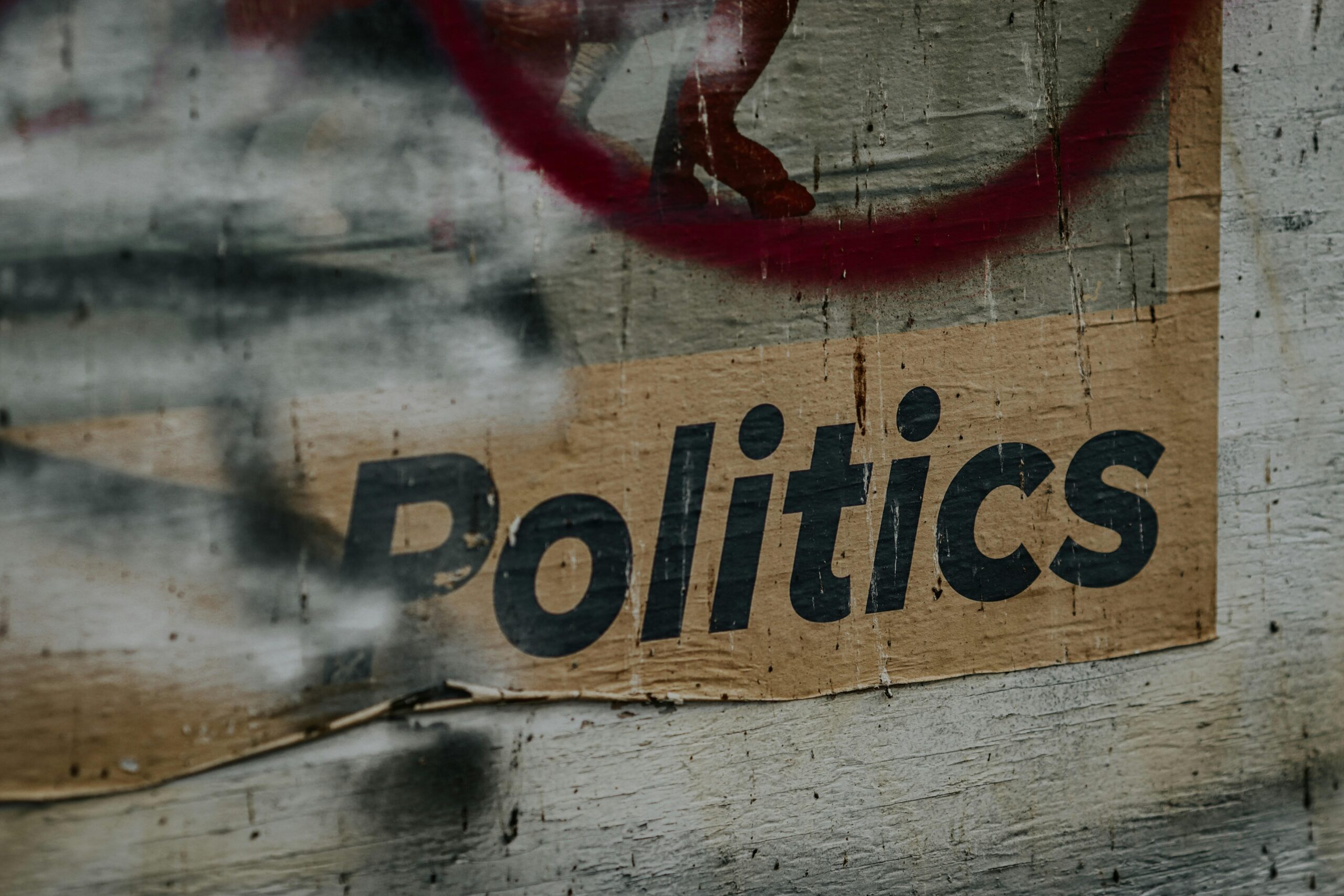When the world first heard of Elizabeth Holmes, she was hailed as the next big thing in healthcare—a visionary founder of Theranos, promising to revolutionize blood testing with just a drop of blood. Clad in her signature black turtlenecks and lab coats, Holmes captivated investors, the media, and the public alike. But beneath the polished veneer lay a story far more complicated, a tangled web of deception and broken trust. As her trial unfolds, we’re peeling back the layers of “” to understand how one woman’s lofty promises spiraled into one of the most captivating corporate fraud cases in recent memory. Curious about how ambition collided with reality? Let’s dive in.
Table of Contents
- The Rise and Fall of a Silicon Valley Star
- Inside the Courtroom Drama Unveiling Deception
- What the Trial Reveals About Startup Culture
- Lessons for Investors and Entrepreneurs Moving Forward
- Future Outlook
The Rise and Fall of a Silicon Valley Star
Few stories in Silicon Valley have captivated the world like the whirlwind ascent of Elizabeth Holmes. Extolling the promise of revolutionizing blood testing, she dazzled investors with a vision that was as compelling as it was too good to be true. Donning her trademark black turtlenecks and lab coat, Holmes embodied the archetype of tech innovation—hidden beneath that veneer, however, lay a complex web of secrecy and unfulfilled claims. As whispers of discrepancies grew, cracks appeared in the foundation of what once seemed invincible, prompting a growing sense of skepticism and intrigue within the tech community and beyond.
The trial peeled back layers of a narrative rife with bold declarations that clashed sharply against stark realities. Key moments highlighted:
- The alleged capabilities of her blood-testing device, which failed to match its miraculous promises.
- Internal communications revealing doubts from within her own company.
- Investor pressure and the relentless quest for growth that arguably pushed ethical boundaries.
Those details revealed more than just a tale of technological failure; they exposed a cautionary episode about the dangers of hype overtaking truth in the startup culture. As each testimony unfolded, the narrative revealed how ambition, trust, and deception intertwined in a Silicon Valley saga unlike any other.
Inside the Courtroom Drama Unveiling Deception
Behind the solemn walls of the courtroom, the drama unfolded like a meticulously scripted play, each testimony peeling back layers of calculated deception. Elizabeth Holmes, once hailed as the visionary of biotech innovation, found herself under relentless scrutiny as witnesses recounted instances of exaggerated claims and manipulated data. The tension was palpable, with moments where the judge’s gavel barely masked the gasps from the audience. It became clear that this trial was not just about one woman’s rise and fall but a complex web of corporate ambition, ethical compromise, and shattered trust.
Key revelations from the trial included:
- Internal emails highlighting awareness of inaccuracies in Theranos’ technology.
- Expert testimonies challenging the reliability of the blood-testing devices advertised.
- Whistleblower accounts detailing pressure on employees to ignore critical flaws.
As the pieces of evidence stacked up, the courtroom transformed into a crucible where truth was forged from a mixture of confession, contradiction, and calculated denials. The audience, both in the room and watching from afar, witnessed how the glamorous facade of Silicon Valley’s darling began to crumble, revealing a much darker narrative behind the lab coat and PR gloss.
What the Trial Reveals About Startup Culture
The trial has peeled back the glossy veneer often painted by startup narratives, exposing how ambition sometimes tips into ethical gray zones. It underscores an environment where visionary storytelling can eclipse rigorous scientific validation, and charisma often trumps accountability. Investors and employees alike witnessed firsthand how the hunger for disruptive innovation can foster a culture that prioritizes hype over transparency. This case serves as a stark reminder that, in the quest for rapid growth and blockbuster exits, there is a dangerous tradeoff between perseverance and reality.
Among the revelations, a few key patterns stand out as emblematic of broader startup ecosystem pressures:
- Blind faith in founders: An almost cult-like belief in a single leader’s promise, sometimes clouding critical judgment.
- Culture of secrecy: An insular environment where questions are discouraged and dissent quietly sidelined.
- Accelerated success metrics: Emphasis on milestones like valuations and media buzz rather than thorough product verification.
These forces together create a volatile brew, hinting at why Silicon Valley’s “fake it till you make it” maxim can spiral into full-blown deception. The trial invites us to rethink what sustainable innovation truly means and challenges the startup world to recalibrate its moral compass.
Lessons for Investors and Entrepreneurs Moving Forward
Investors and entrepreneurs alike must sharpen their radar for red flags beyond just impressive pitches and charismatic leadership. This trial underscores the importance of thorough due diligence, especially when groundbreaking technology is involved. It’s a powerful reminder that revolutionary ideas should be accompanied by verifiable evidence and transparent reporting. Blind faith in visionary founders can not only drain capital but also damage reputations and shake public trust in innovation ecosystems.
Moving forward, there are key practices worth embedding into any investment or startup journey:
- Ask for documentation: Demand data and results that can be independently verified, not just slides and stories.
- Champion skepticism: Encourage team members and advisors to question assumptions and look for inconsistencies without fear of offense.
- Foster accountability: Set clear milestones and hold leadership responsible for measured progress.
- Prioritize ethics: Build cultures that prioritize transparency over hype to protect long-term credibility.
Future Outlook
As the final gavel fell in the Elizabeth Holmes trial, many questions still linger in the air—about ambition, ethics, and the fragile line between vision and deception. While the courtroom drama may have wrapped up, the ripples of this case continue to challenge how we think about innovation and trust in Silicon Valley and beyond. What lessons will truly stick? Only time will tell, but one thing’s clear: the story of Theranos and its enigmatic founder offers a captivating cautionary tale we won’t soon forget. Stay curious, because in the world of high stakes and big dreams, the next twist is never far away.












